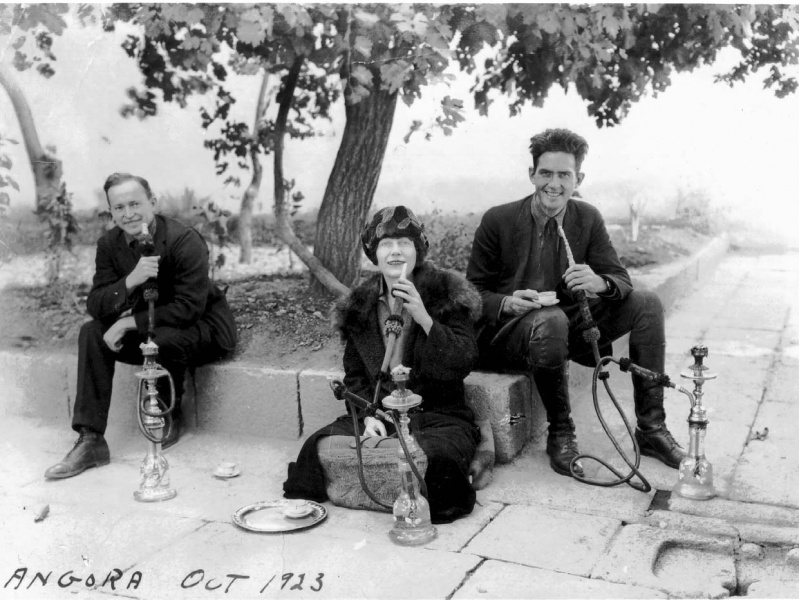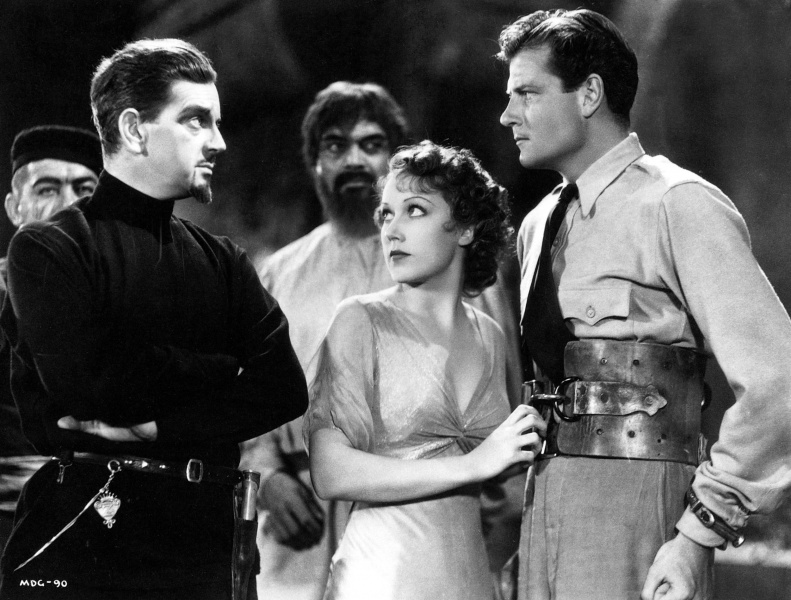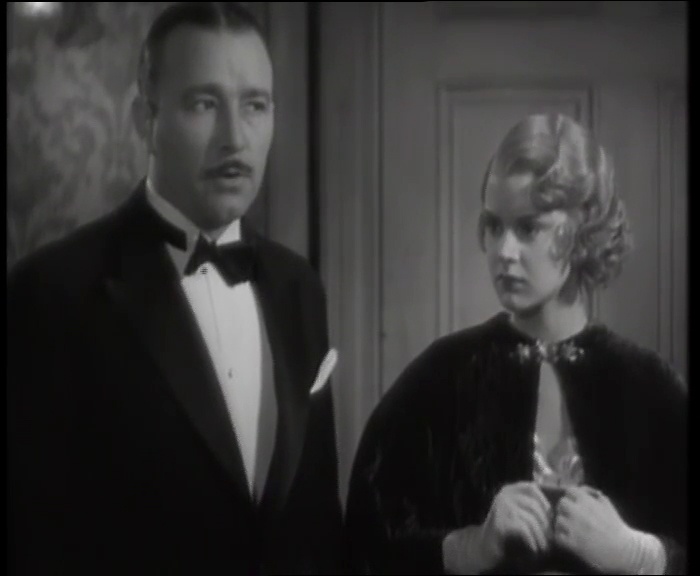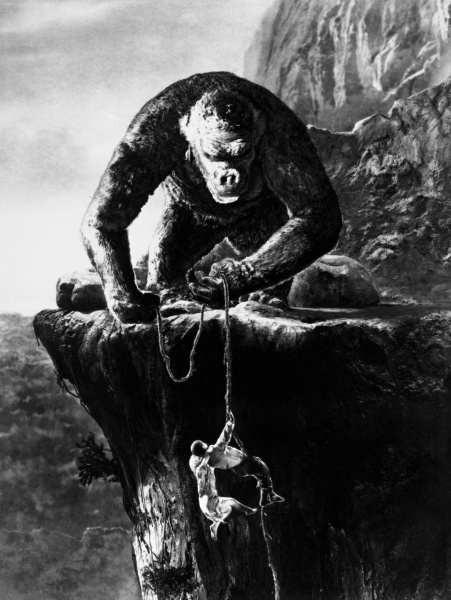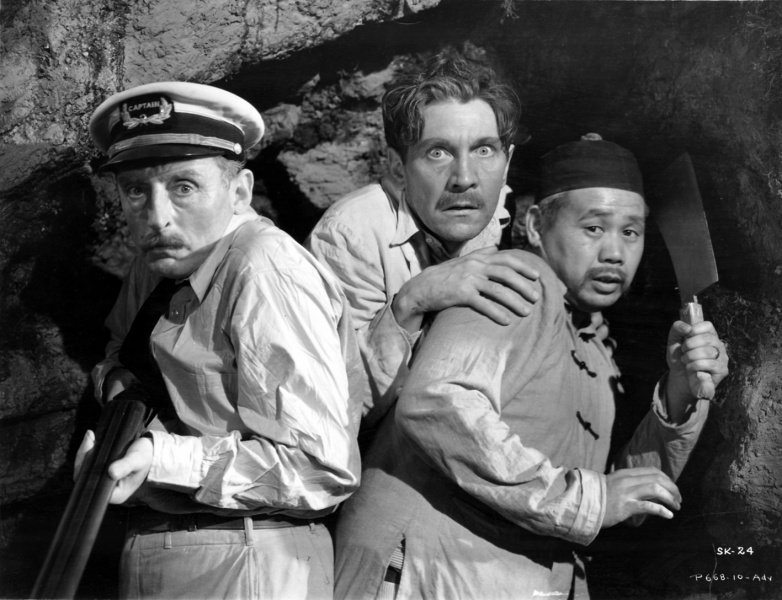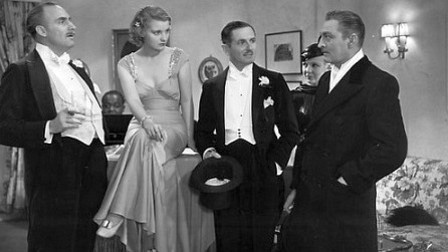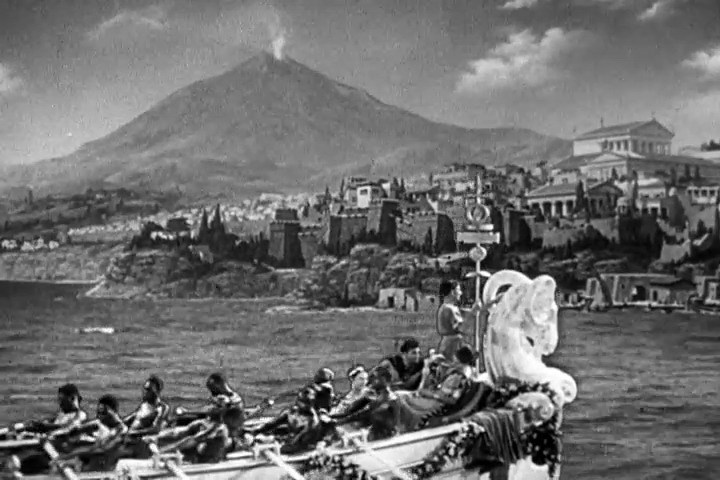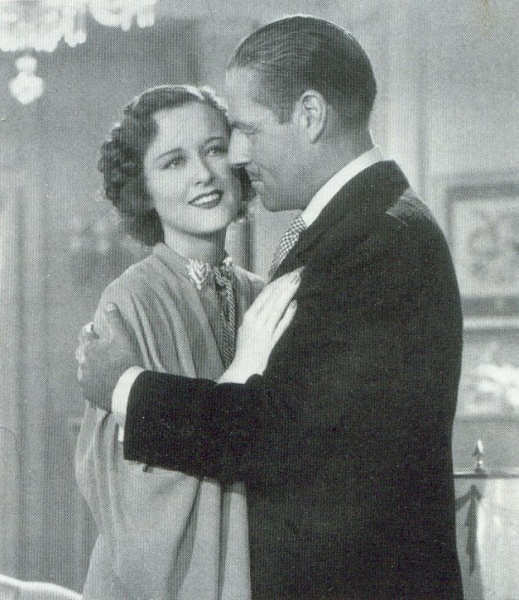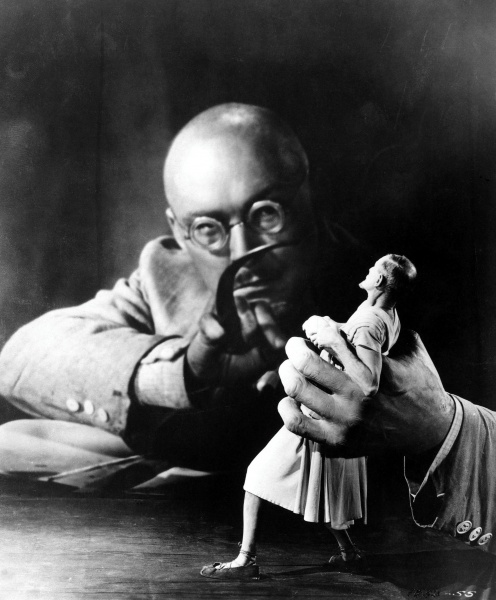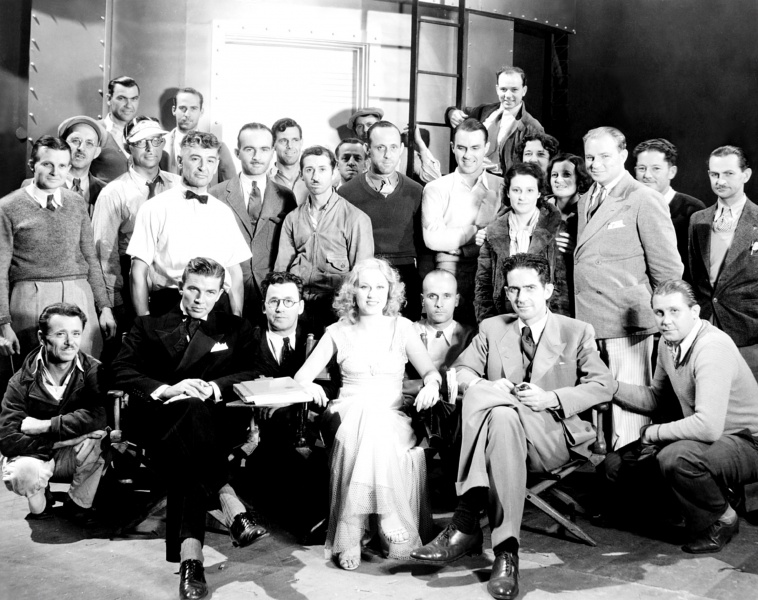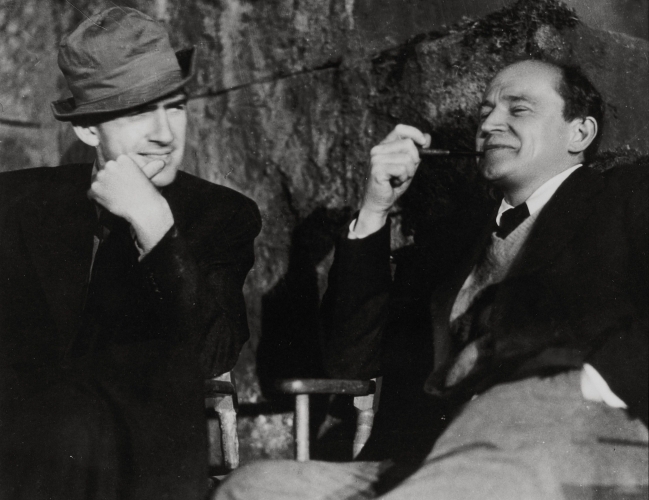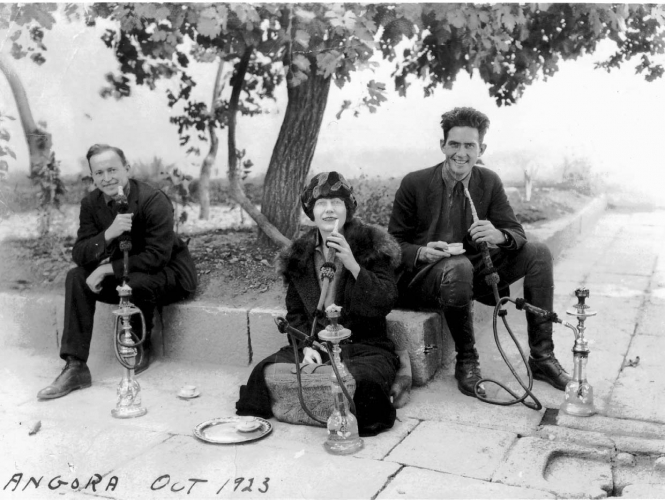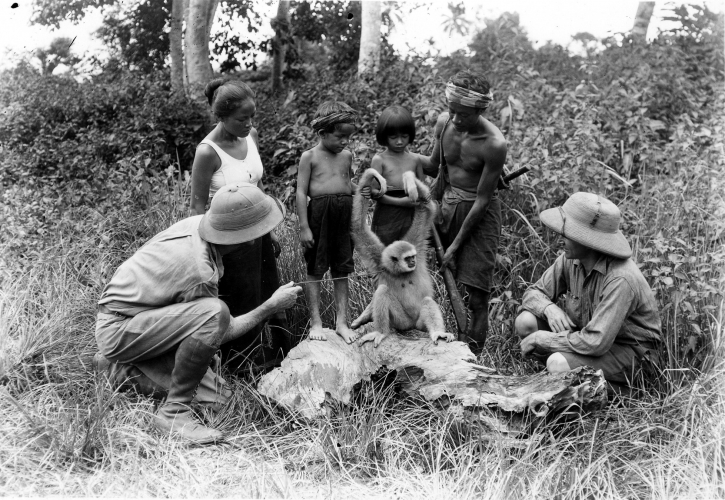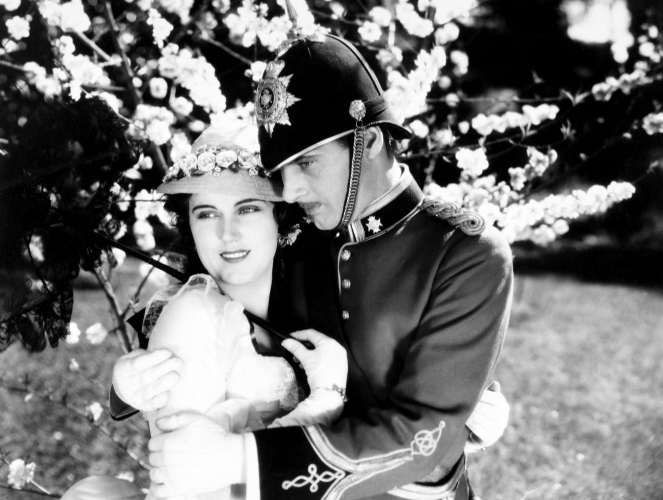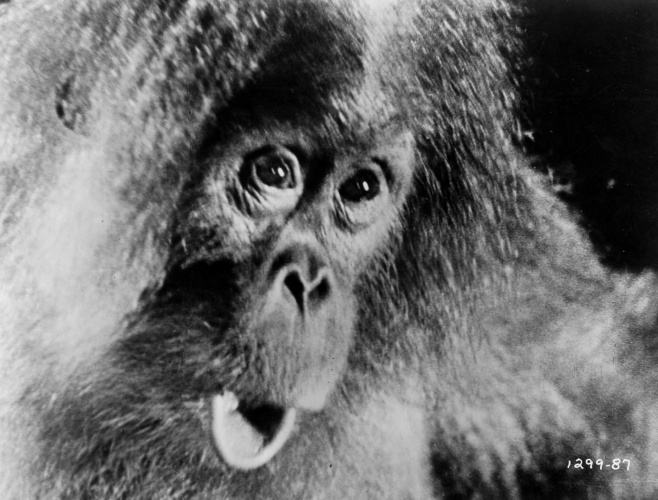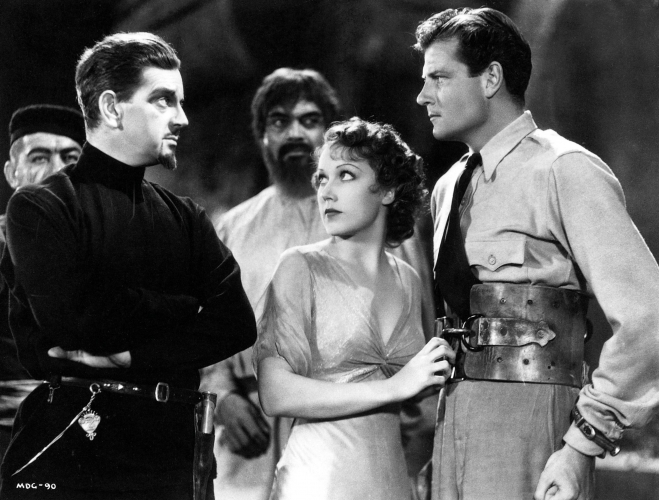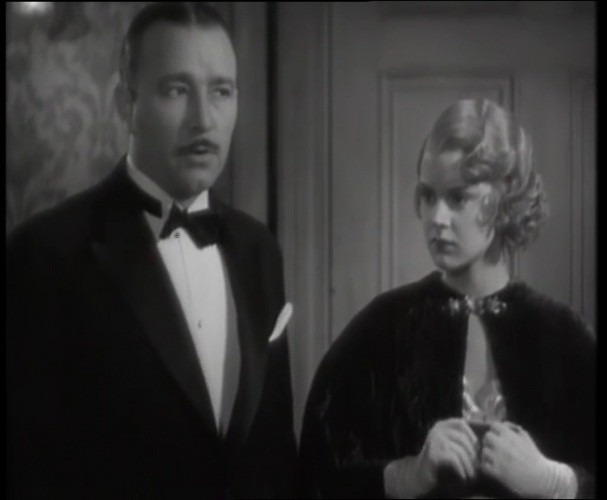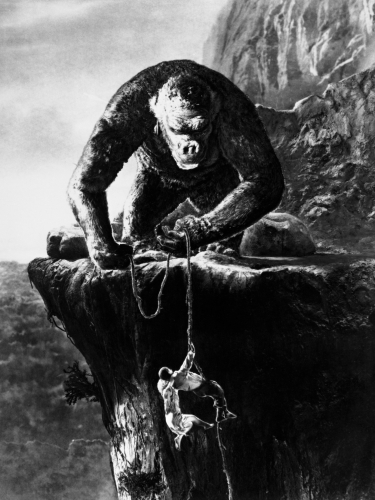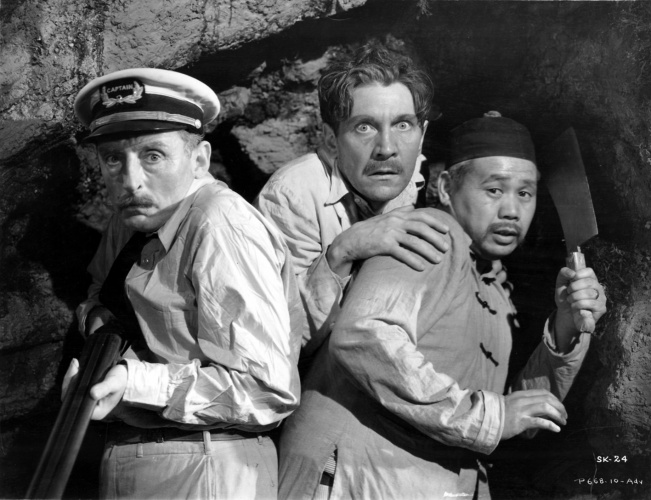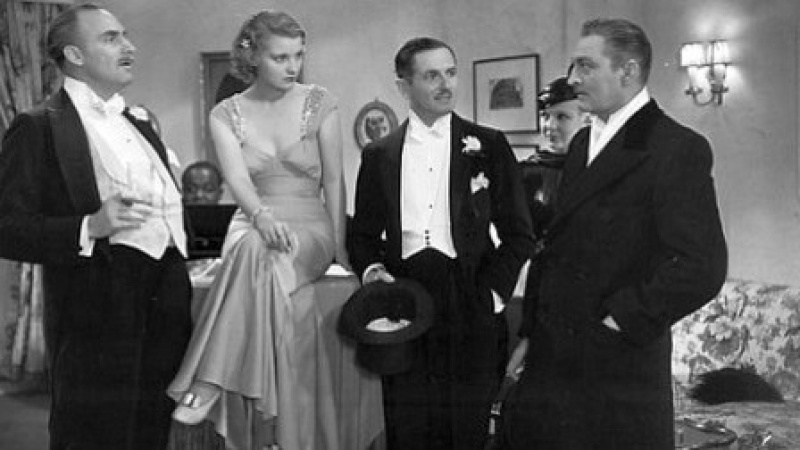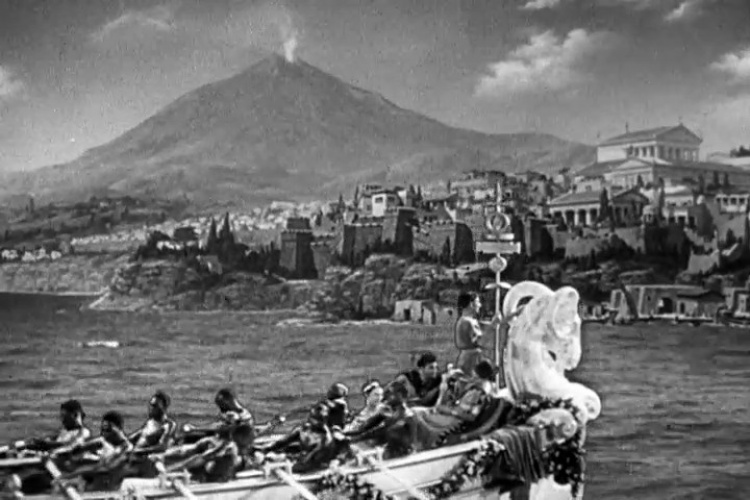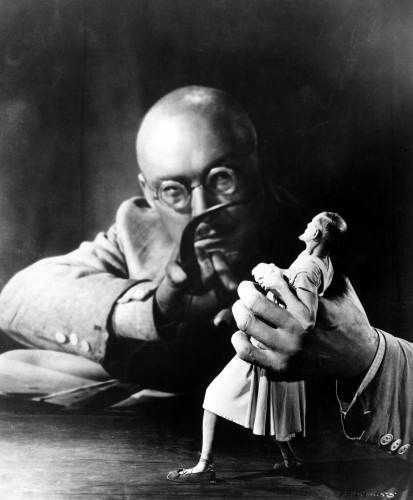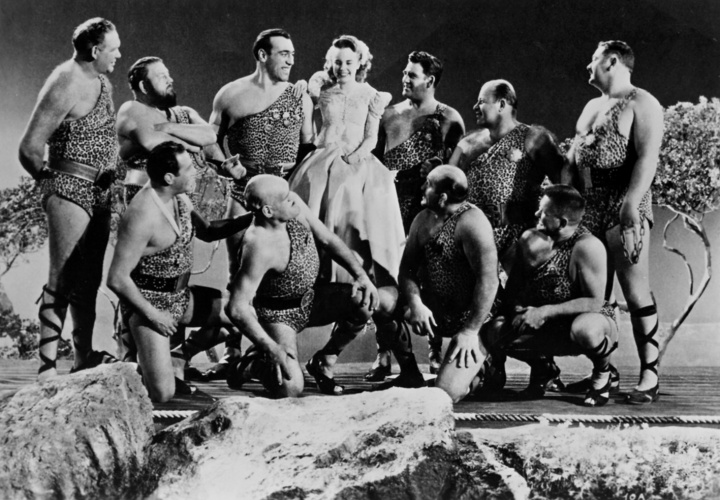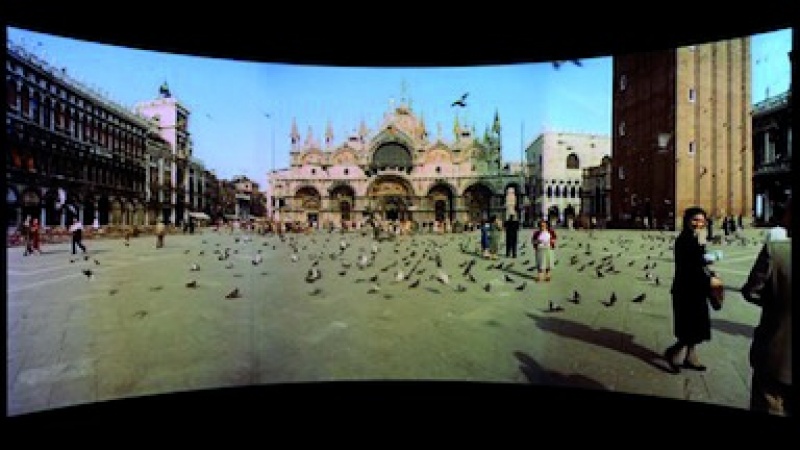Merian C. Cooper (1893-1973) and Ernest B. Schoedsack (1893-1979) were, in the golden age of Hollywood, one of the strangest and most exciting creative twosomes ever to come out of Hollywood. The coming edition of the San Sebastian Festival will recover their work in a cycle dedicated to their films.
Acclaimed for generations as the masterminds of the iconic King Kong (1933), Cooper and Schoedsack’s contribution to cinema didn’t stop at this chef d’oeuvre. Their career began with two masterpieces in the history of documentary filmmaking, Grass; A Nation's Battle for Life (1925) and Chang (1927). They later made fantasy, drama, adventure and mystery movies, some of which are now cult titles: The Four Feathers (1929), The Most Dangerous Game (1932), The Last Days of Pompeii (1935), Dr. Cyclops (1940), Son of Kong (1933) and Mighty Joe Young (1949).
The retrospective is dedicated to their work as directors, made both together and single-handed by Schoedsack. It is organised by the San Sebastian Festival in collaboration with the Filmoteca Española. The cycle will be accompanied by the publication of a book dedicated to the two filmmakers, coordinated by Quim Casas.
Cooper and Schoedsack’s debut behind the cameras took the shape of this anthropological documentary classic shot in the spectacular landscapes of Iran. The everyday life of the Bakhtiari tribe, in the former Persia, and their migration in search of pastures for their livestock: 50,000 people and their flocks must cross natural obstacles and overcome harsh atmospheric conditions to find food for their animals.
Cooper and Schoedsack’s second cinematic adventure took them to the forests of Thailand. A documentary with elements of fiction where the directors give free rein to their passion for exotic settings and sense of spectacle thanks to this fascinating tale of a man’s struggle against the beast.
Schoedsack and Cooper made the first sound adaptation of the famous colonial novel by A.E.W. Mason, taken to the screen on several occasions. The Sudanese adventures of Lieutenant Faversham, accused of cowardice by his friends, are the perfect excuse for the directors to impress upon the original narration the verve and dynamism so typical of their films. This was their first collaboration with a recurring actress in their filmography, Fay Wray.
Two years before shooting their masterpiece, King Kong, Cooper and Schoedsack fantasized about relations between men and monkeys in this tale of adventures set in the Sumatran forests with its anthropological vocation. However, as was usual in their films, their ability to narrate fables always imposed itself upon the simple observation of reality.
Adaptation of a classic tale by Richard Connell, Cooper and Schoedsack used this film as a testing ground for the mind-boggling nightmare atmospheres that would culminate in King Kong the following year, since both titles were shot on the same sets. Adventure cinema merges with a gothic tale in a cruel, savage film of frenzied scenes that still raise eyebrows even today.
Cooper and Schoedsack abandon the exotic settings so often found in their films to take us to the London of detective mysteries. Here, their fetish actor, Robert Armstrong, plays an American lost in the London fog ensnared in a complicated plot that feels like something out of an Alfred Hitchcock movie.
The best known monster film in the history of cinema, a mythical title that gave us one of the most lasting icons of the seventh art. The sad tale of the giant gorilla who loses his kingdom for an impossible love is not only a dreamlike take on the Beauty and the Beast myth, recovered by intellectuals and artists all over the world, but a fabulous display of special effects, spectacle, imagination and poetry in its purest state.
The success of King Kong compelled Cooper and Schoedsack to produce the obligatory sequel, in a very short period of time and with a far tighter budget. We now learn that the angry old Kong had left an infant on Skull Island, a gentle, kind-hearted gorilla who becomes the unwitting ally of the star of the previous film, once again in all sorts of trouble due to his love of adventure.
A surprising incursion by Cooper and Schoedsack into the realms of dramatic comedy, a genre in principle very far removed from their usual interests. This tale of a father and daughter reunited after living apart is, above all, a vehicle to show off one of the big Hollywood stars of the time: John Barrymore.
Bulwer Lytton’s novel The Last Days of Pompeii is one of the most adapted texts in the history of film since the silent period. Cooper and Schoedsack couldn’t miss the opportunity to take it to the screen in a talkie version. The best special effects techniques of the time lend visibility to the magnificent and tragic spectacle of the proud city destroyed by volcanic eruption.
The Gobi desert is the setting chosen on this occasion by Schoedsack to tell a tale with all the ingredients he needed to make a film: enterprising men who do battle with nature, dangerous bandits and the love of adventure and danger.
One of the most imaginative fantasies devised by Cooper and Schoedsack, a minor sci-fi movie classic: the incredible tale of two men shrunk by a mad scientist makes for delicious entertainment smacking of the mythological echoes of man’s struggle against the Cyclops.
Special effects wizard Ray Harryhausen debuted in this film where Cooper and Schoedsack would once again manifest their love of movies about giant apes. This time the monkey in question is not quite as irritable as Kong, resulting in a kind and gentle family adventure with no shortage of special effects displays.
Logically, Merian C. Cooper, the master of extravaganza movies, was attracted to Cinerama, a surround sound screening system that caused a revolution in cinematic exhibition during the 50s. This documentary explores its possibilities by means of a series of itineraries through all kinds of landscapes and places intended to immerse spectators the screen.
A documentary on the figure of Merian C. Cooper, filmmaker and adventurer, helmer of one of film history's mythical movies, King Kong. Narrated by Alec Baldwin, this is an exciting tour of his novelesque biography, his films and his overpowering personality.
We remind you that you can purchase books of the previous years retrospectives on the
Festival's Publications store .


